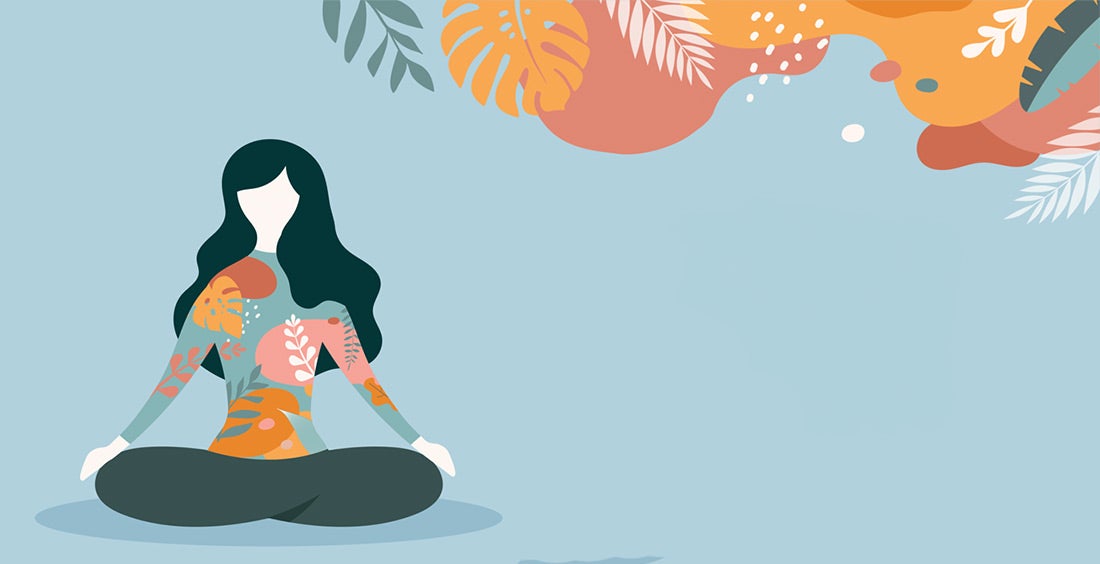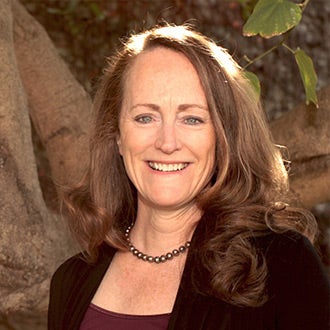To Be Mindful
To Be Mindful

When the crowded Vietnamese refugee boats met with storms or pirates, if everyone panicked all would be lost. But if even one person on the boat remained calm and centered, it was enough. It showed the way for everyone to survive.
— Zen master Thich Nhat Hanh
As leaders in our communities, organizations, families — as leaders of our own lives — we are called upon to have a steady heart and be positive during turbulent times. One way to support this way of being is through the practice of mindfulness meditation. UCLA’s Mindful Awareness Research Center (MARC) defines mindfulness as “Paying attention, on purpose, to present moment experiences with openness, curiosity and a willingness to be with what is.”
Mindfulness is not about denying the reality of what we are facing. Rather, it invites us to notice what we are feeling, not to run from it or numb ourselves.
Here are a few simple practices you can try right now that incorporate some principles of mindfulness meditation:
- Take three deep breaths and invite in a sense of calm and clarity.
- When you notice you’re feeling anxious, ask yourself what it would feel like in this moment to give yourself more kindness or more space. If it’s available, you might look out the window, step outside and feel the air on your face. Take a walk. The smallest dose of nature, with focused attention, reduces stress. If you have more time, you might try mindful walking: paying attention to your footfall on the sidewalk or trail, noting small details of nature that you miss when you are listening to a podcast or talking.
- The body is always in the present moment; bringing our attention to our body internally is another way to quiet the “monkey mind.” Wherever you are sitting or standing, notice your feet making contact with the floor. If you are sitting, note where you are making contact with the chair. Let the chair hold you. If you are standing, line up your ears over your shoulders and your shoulders over your hips. Feel the miracle of being upright and aligned.
Your Body Is Your Brain author Amanda Blake, who recently led a three-hour workshop for our full-time MBA, FEMBA and EMBA students on the neurobiology of leadership, reminds us that “Awareness creates choice. Practice creates capacity.” Through practice, we expand our resilience, our ability to roll with and respond to stressful situations.
UCLA’s Mindfulness Awareness Research Center provides free meditations on its site or through its app. For the foreseeable future, MARC’s director of training Diana Winston will lead her Thursday 12:30 p.m. (Pacific time) meditation session online. This might be a good way to deal with the isolation of “social distancing,” while beginning to develop a mindfulness meditation practice.

Sara Tucker is director of the Coaching and Team Skills Program at UCLA Anderson. Her team exercises have been adopted in the full-time, FEMBA and EMBA programs. She also coaches and teaches leadership among executives and graduate students, and leads a weekly mindfulness meditation drop-in session for the Anderson community.